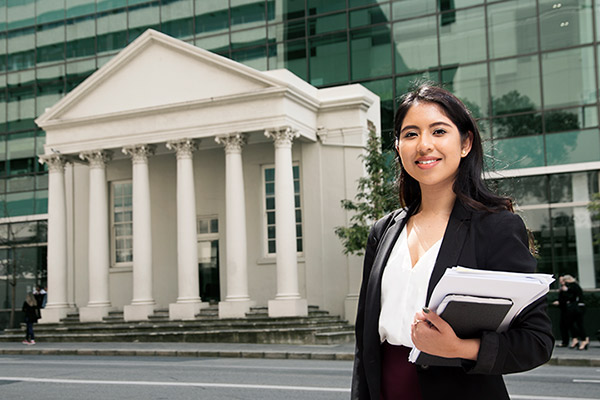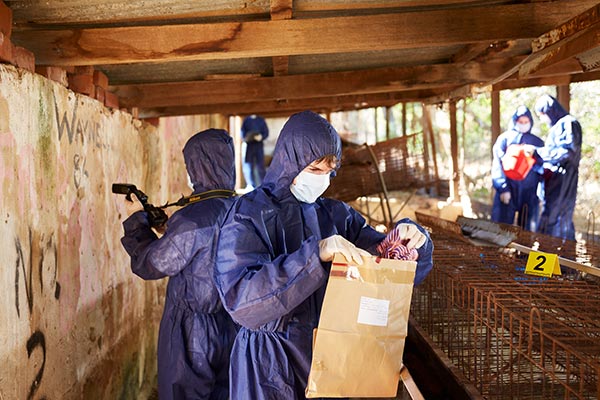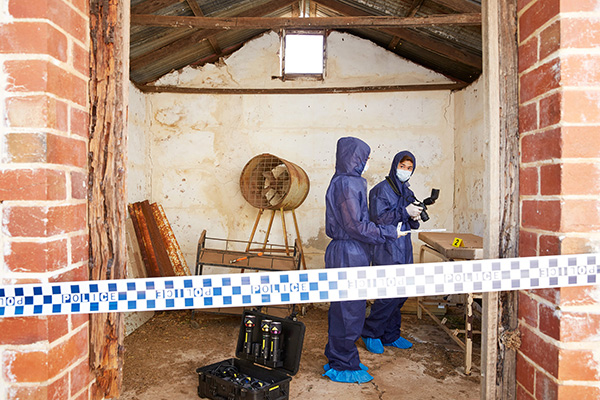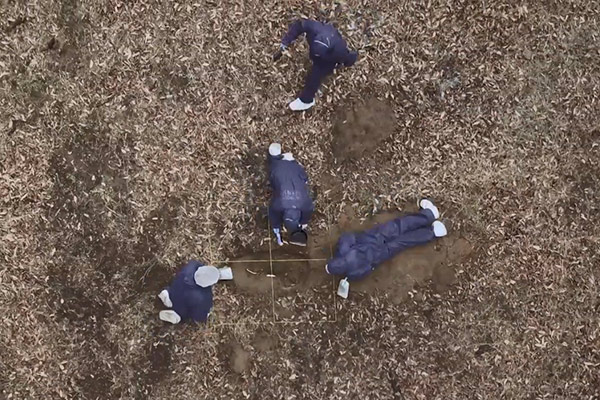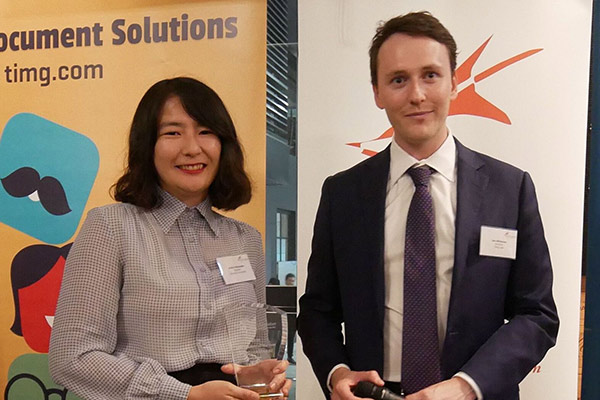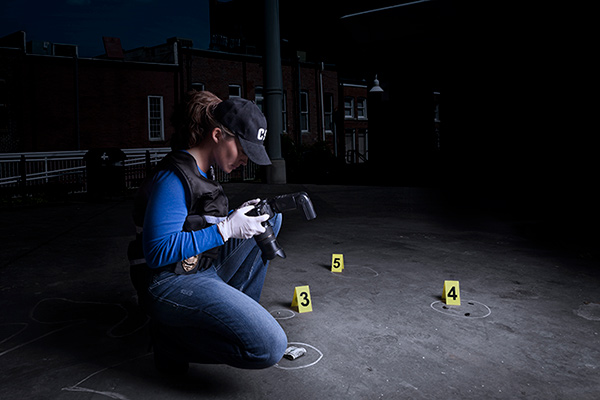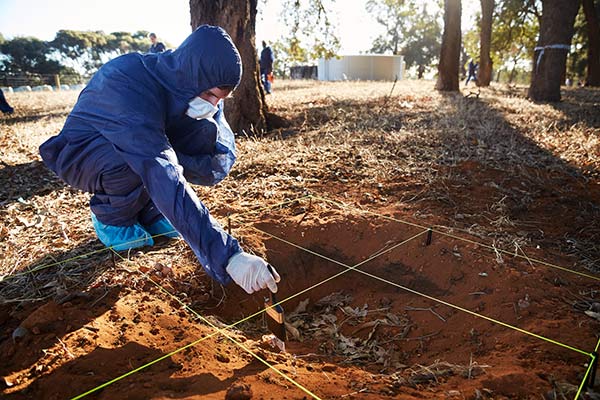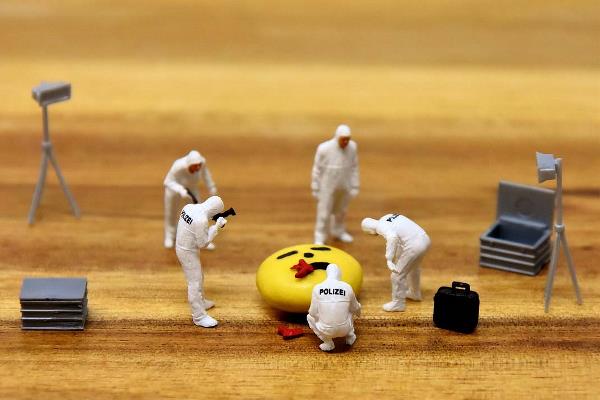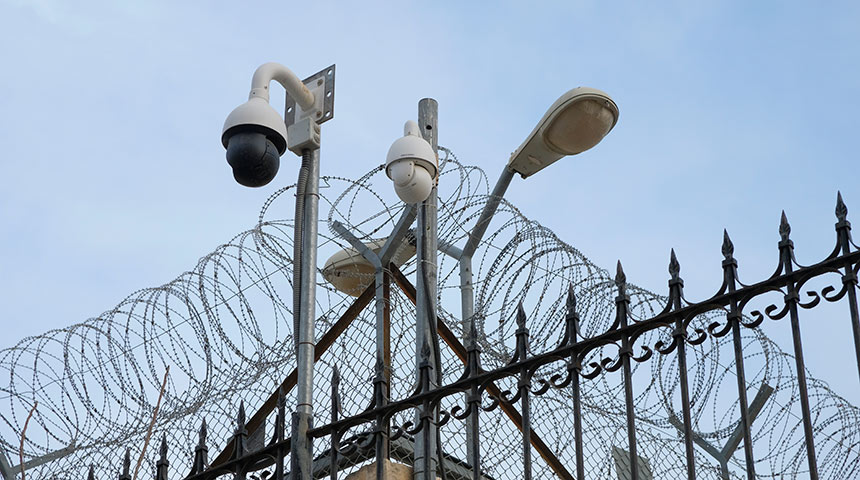
Terrorism and political violence are today’s biggest global security challenges, and there is a growing demand for the skills, knowledge and insights needed to help assess risks and potential threats to security.
Many students are attracted to counterterrorism because of the complexity and challenge of the work, but also the real impact it can have in society. If counterterrorism is a career path you’re interested in, now’s a great time to learn about this growing industry, and what your future career might look like.
What careers can you pursue if you study counterterrorism?
In the course of your career in counterterrorism you might work in the intelligence services, Australian Defence Force or state and federal government agencies.
You might take on roles such as:
- Counterterrorism consultant – understand terrorist activity, predict threats and help to prevent terrorism attacks.
- Security and risk manager – advise clients on potential security risks, such as for major concerts, sports and other events.
- Intelligence analyst or officer – help to investigate threats, organisations or people by collecting and analysing classified information.
- Law enforcement or defence officer – work as part of police or defence force agencies to tackle security issues.
- Aid and development officer– where you might work with government or support agencies in other countries to help look after the wellbeing of their communities, citizens and visitors
"When I found the units in Terrorism and Counterterrorism Studies at Murdoch I thought they would be interesting and a good complement to what I studied back home. I was very pleased with the professors and tutors that I had, they were very professional and had a great amount of knowledge."
Discover how you could study at Murdoch as an international student.
What do counterterrorism professionals do?
There’s no such thing as a typical day in a counterterrorism role, as every day is different depending on the situations and issues you’re dealing with. You might find that you:
- Conduct investigations to prevent, respond to and investigate threats and attacks in Australia.
- Identify threats, warn and pre-empt attacks, and work to disrupt terrorist networks.
- Analyse information on terrorist groups to get an understanding of their motivations, activities, objectives and plans.
- Write intelligence reports on your findings then brief policymakers, foreign partners, intelligence partners and the military as needed.
- Support intelligence operations by highlighting counter-terrorism targeting opportunities;
- Study and evaluate information from a wide variety of sources such as foreign newspapers, printed material, broadcast, human intelligence, and satellite surveillance.
What skills would help in a career in counterterrorism?
Depending on the type of counterterrorism role you’re interested in, you might need:
- Strong communication and interpersonal skills to help you gather and share information.
- Excellent analytical abilities to help you identify threats and security issues, and how to address them.
- Strong verbal skills and even another language to help you present information and work with a range of different cultures and people.
- The ability to think and work creatively to help you respond to different and unexpected challenges.
- The ability to work under strict deadlines to help prevent terrorist attacks
What industries could you work in?
As part of your career in counterterrorism, you could work in a range of industries including security and cybersecurity, human rights and law enforcement, foreign affairs, aid and development, non-governmental organisations (known as NGOs) and more.
How to prepare for your counterterrorism career while you’re at uni
The more industry experience you can gain before you graduate, the better. You might like to:
- Take on an internship unit and complete a Work Integrated Learning unit where you work with real organisations on real projects as part of your studies.
- Keep up-to-date with relevant departments and organisations on social media to stay informed on current and future security issues.
- Go along to careers fairs and industry events for students hosted by professional associations and Murdoch Careers and Employability.
- Make use of the Murdoch Careers Portal to explore opportunities, book into career workshops and industry events.
- Get involved in professional mentoring programs such as the Murdoch Student Emerging Leaders (MSEL) program or Murdoch Industry Mentoring (MIM) program.
- Take on paid work opportunities to get experience during your studies, or during summer or winter study breaks.
- Consider adding another major or combine degree to increase your employability.
- Join a student society and get involved in organising and promoting events.
- Consider a study abroad experience or an exchange to one of our partner universities.
- Participate in student team competitions solving real-world problems and getting the opportunity to network along the way.
You could also add valuable experience to your CV with volunteer work, such as helping a not-for-profit organisation or relevant community group. Find out what it’s like to study counterterrorism at Murdoch.
"Since joining the Murdoch community I have been amazed by how many practical learning experiences have been offered to me. In addition to my internship in Mumbai, I’ve been lucky enough to intern at the Evidence Based Policing Unit of the WA Police and I’ve been on exchange to the US where I explored the criminal justice system in a whole new context.” Lucy, Terrorism and Counterterrorism Studies + Criminology studentThe future of counter-terrorism
Australian law enforcement, border management, foreign affairs and intelligence organisations, and private sector companies all have a growing need for people who have skills, experience and knowledge in the fields of security and terrorism issues.
The job market in security and counterterrorism can be highly competitive, so experience in the field or in the armed forces or the police force can give you an advantage in your career.

